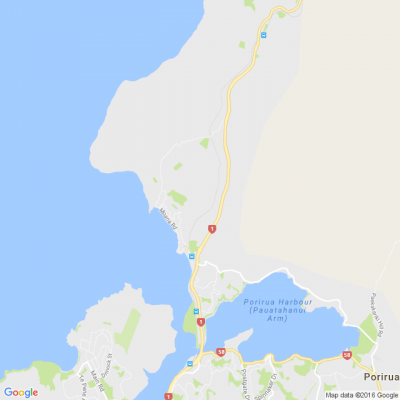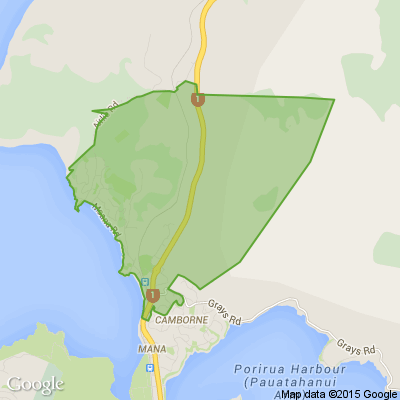Life in Gaza
Our speaker this week was Marilyn Garson, a Canadian-born New Zealander who has spent many years in the world’s worst trouble spots, trying to bring relief to communities devastated by war.
Since 2011 she has been in Gaza, and stayed on with the UN after the 2014 war between Israel and Hamas.
The Gaza Strip is an enclave 41Km long bordered by Egypt, Israel, and the Mediterranean. Its population is over 2 million, Palestinian, and nearly all are Sunni Muslims. Over one million of them are refugees registered with the UN.
In effect, Gaza is the state of Palestine, which came into existence after the 1948 Arab-Israeli war. The history of this region has been one of endless conflict, originally tribal (see the Old Testament for details), and more recently involving the Western Powers who were interested in oil and the security of the Suez canal, and to atone for the Holocaust.
Israel’s desire to secure and expand on its western border has pressed the fast-growing Palestinian population into Gaza, and to control life in Gaza via a stringent blockade. Egypt has collaborated by blockading its shorter border in the south.
Marilyn explained how the blockade works. Food, water, medical supplies and other necessities of life all pass through one gate in the in the boundary wall. This leads to poverty, and half the population needs food from relief agencies.
There have been outbreaks of violence, notably in 2014, when rockets and ordnance have been fired from Gaza into Israel and vice versa. The conflict has been one-sided, leading to the deaths of hundreds of Palestinians, including children. Nowhere is safe in Gaza.
The political situation is dire. The general policy of other governments is to provide passive humanitarian relief, but not to confront Israel, in whose hands the solution lies.
Although Marilyn sees no long-term strategy on the part of Israel, she believes opinion is shifting, and Israel may one day bow to international pressure, much as the South Africans did on the question of apartheid.
A most interesting, if depressing, talk.

Best way to use leftovers?
I'm sure you've got some excess ham at home or cold roast potatoes.
What are some of your favourite ways to use leftover food from Christmas day? Share below.

⚠️ DOGS DIE IN HOT CARS. If you love them, don't leave them. ⚠️
It's a message we share time and time again, and this year, we're calling on you to help us spread that message further.
Did you know that calls to SPCA about dogs left inside hot cars made up a whopping 11% of all welfare calls last summer? This is a completely preventable issue, and one which is causing hundreds of dogs (often loved pets) to suffer.
Here are some quick facts to share with the dog owners in your life:
👉 The temperature inside a car can heat to over 50°C in less than 15 minutes.
👉 Parking in the shade and cracking windows does little to help on a warm day. Dogs rely on panting to keep cool, which they can't do in a hot car.
👉 This puts dogs at a high risk of heatstroke - a serious condition for dogs, with a mortality rate between 39%-50%.
👉 It is an offence under the Animal Welfare Act to leave a dog in a hot vehicle if they are showing signs of heat stress. You can be fined, and prosecuted.
SPCA has created downloadable resources to help you spread the message even further. Posters, a flyer, and a social media tile can be downloaded from our website here: www.spca.nz...
We encourage you to use these - and ask your local businesses to display the posters if they can. Flyers can be kept in your car and handed out as needed.
This is a community problem, and one we cannot solve alone. Help us to prevent more tragedies this summer by sharing this post.
On behalf of the animals - thank you ❤️









 Loading…
Loading…